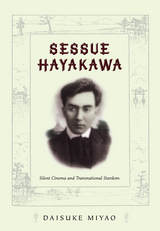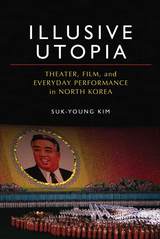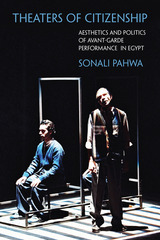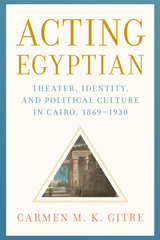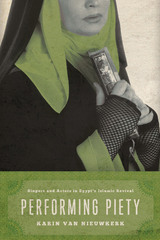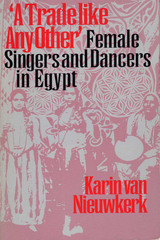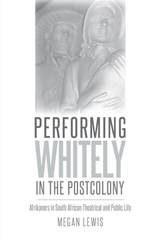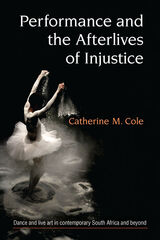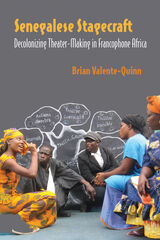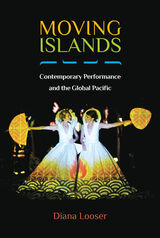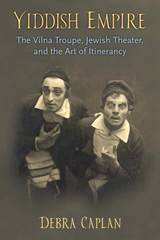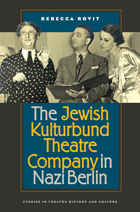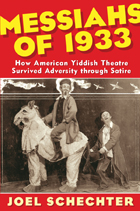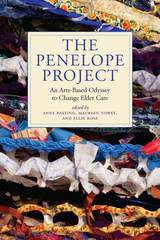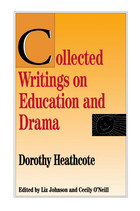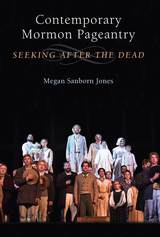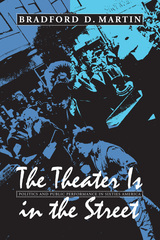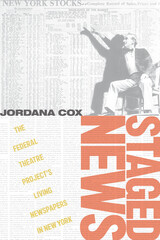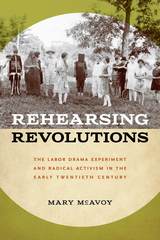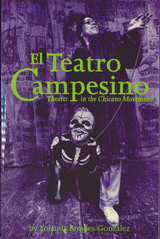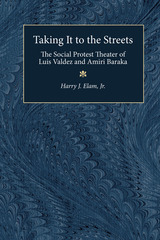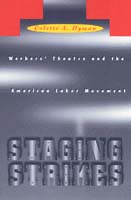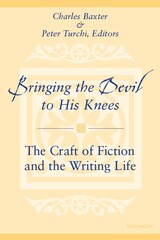The Jewish Kulturbund Theatre Company in Nazi Berlin
University of Iowa Press, 2012
Paper: 978-1-60938-124-0
Library of Congress Classification PN3035.R68 2012
Dewey Decimal Classification 792.089924043155
Paper: 978-1-60938-124-0
Library of Congress Classification PN3035.R68 2012
Dewey Decimal Classification 792.089924043155
ABOUT THIS BOOK | AUTHOR BIOGRAPHY | REVIEWS | TOC | REQUEST ACCESSIBLE FILE
ABOUT THIS BOOK
New laws enacted in the wake of Hitler’s ascent to power removed all Jews from their professional workplaces and banned Jewish artists from any collaboration with their fellow citizens. In the summer of 1933, Goebbels’s Prussian Theatre Commission approved an all-Jewish theatre as part of the Kulturbund Deutscher Juden, the Cultural Association of German Jewry. This network of Jewish cultural leagues and theatre ensembles across Germany coexisted with Nazi policies against Jews until the Gestapo dissolved the theatre in 1941. Revealing the complex interplay between history and human lives under conditions of duress, Rebecca Rovit focuses on the eight-year odyssey of the Berlin Kulturbund and its theatre.
Rovit draws upon a wealth of primary documents—correspondence between the theatre and the Reich Ministry of Propaganda and Enlightenment, actual playscripts and rolebooks, production reviews and photographs, letters and memoirs, and interviews with artists who survived the war—to show how the increasingly restrictive German reality forced Jewish artists to define and redefine their identity and culture under wrenching conditions of censorship, compromise, danger, and deception. Integrating play analysis with cultural history, she considers first the playscript itself, then the playscript adapted by the Kulturbund, then the best reconstruction possible of the actual performance against its backdrop of the Third Reich. Proceeding chronologically through the playing seasons, she focuses on the actual repertoire performed (and forbidden) over the life of the Berlin Kulturbund theatre, covering the theatre’s beginnings and its first two playing seasons, then on the playing seasons that led to the Reichskristallnacht, and finally on the ways that emigration and increased censorship affected the wartime theatre’s final days.
The Kulturbund’s directors were repeatedly caught between escalating demands from their Nazi overseers and from their own Jewish constituents. By examining why and how an all-Jewish repertory theatre could coexist with the Nazi regime, Rovit raises broader questions about the nature of art in an environment of coercion and isolation, artistic integrity and adaptability, and community and identity.
See other books on: 1933-1945 | Berlin | Berlin (Germany) | Jewish theater | Nazi Berlin
See other titles from University of Iowa Press

